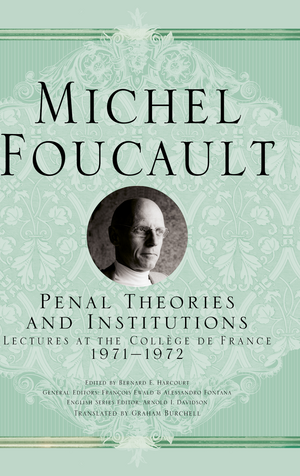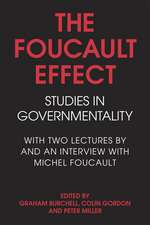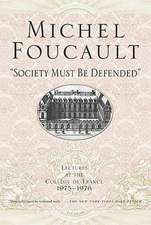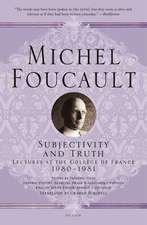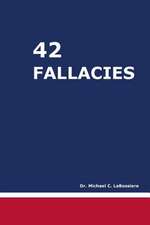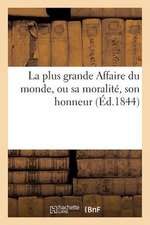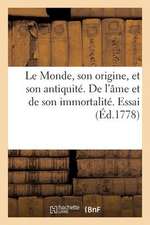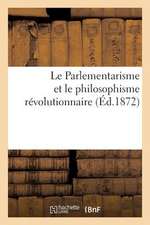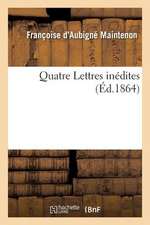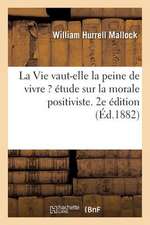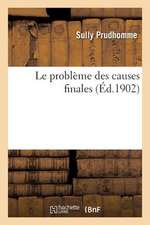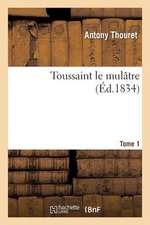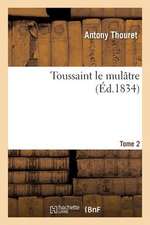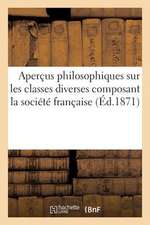Penal Theories and Institutions: Lectures at the Collège de France, 1971-1972: Michel Foucault, Lectures at the Collège de France
Autor Michel Foucault Traducere de Graham Burchellen Limba Engleză Hardback – 9 dec 2019
- Michel Foucault
Penal Theories and Institutions is the title Michel Foucault gave to the lectures he delivered at the Collège de France from November 1971 to March 1972.
In these lectures Michel Foucault presents for the first time his approach to the question of power that will be the focus of his research up to the writing of Disciplineand Punish (1975) and beyond. His analysis starts with a detailed account of Richelieu’s repression of the Nu-pieds revolt (1639-1640) and then goes on to show how the apparatus of power developed by the monarchy on this occasion breaks with the system of juridical and judicial institutions of the Middle Ages and opens out onto a “judicial State apparatus”, a “repressive system”, whose function is focused on the confinement of those who challenge its order.
Michel Foucault systemizes the approach of a history of truth on the basis of the study of “juridico-political matrices” that he had begun in the previous year’s lectures (Lectures on the Will to Know) and which is at the heart of the notion of “knowledge-power”.
In these lectures Foucault develops his theory of justice and penal law.
The appearance of this volume marks the end of the publication of the series Foucault’s courses at the Collège de France (the first volume of which was published in 1997).
Preț: 279.91 lei
Preț vechi: 321.79 lei
-13% Nou
Puncte Express: 420
Preț estimativ în valută:
53.56€ • 56.06$ • 44.58£
53.56€ • 56.06$ • 44.58£
Carte indisponibilă temporar
Doresc să fiu notificat când acest titlu va fi disponibil:
Se trimite...
Preluare comenzi: 021 569.72.76
Specificații
ISBN-13: 9783319992914
ISBN-10: 3319992910
Pagini: 322
Ilustrații: XXIX, 322 p. 26 illus.
Dimensiuni: 140 x 216 x 23 mm
Greutate: 0.54 kg
Ediția:1st ed. 2019
Editura: Springer International Publishing
Colecția Palgrave Macmillan
Seria Michel Foucault, Lectures at the Collège de France
Locul publicării:Cham, Switzerland
ISBN-10: 3319992910
Pagini: 322
Ilustrații: XXIX, 322 p. 26 illus.
Dimensiuni: 140 x 216 x 23 mm
Greutate: 0.54 kg
Ediția:1st ed. 2019
Editura: Springer International Publishing
Colecția Palgrave Macmillan
Seria Michel Foucault, Lectures at the Collège de France
Locul publicării:Cham, Switzerland
Cuprins
Foreword, François Ewald and Alessandro Fontana.- Chapter 1: 24 November 1971.- Chapter 2: 1 December 1971.- Chapter 3: 15 December 1971.- Chapter 4: 22 December 1971.- Chapter 5: 12 January 1972.- Chapter 6: 19 January 1972.- Chapter 7: 26 January 1972.- Chapter 8: 2 February 1972.- Chapter 9: 9 February 1972.- Chapter 10: 16 February 1972.- Chapter 11: 23 February 1972.- Chapter 12: 1 March 1972.- Chapter 13: 8 March 1972.- Ceremony, theatre and politics in the seventeenth century.- Course summary.- Course context.- Letter from Étienne Balibar to the editor of the lectures.- Foucault and the historians, Claude-Olivier Doron.- Index of notions.- Index of names.
Notă biografică
Michel Foucault is acknowledged as the pre-eminent French philosopher of the 1970s and 1980s. He continues to have enormous impact throughout the world, and across many disciplines.
Textul de pe ultima copertă
“What characterizes the act of justice is not resort to a court and to judges; it is not the intervention of magistrates (even if they had to be simple mediators or arbitrators). What characterizes the juridical act, the process or the procedure in the broad sense, is the regulated development of a dispute. And the intervention of judges, their opinion or decision, is only ever an episode in this development. What defines the juridical order is the way in which one confronts one another, the way in which one struggles. The rule and the struggle, the rule in the struggle, this is the juridical.”
- Michel Foucault
Penal Theories and Institutions is the title Michel Foucault gave to the lectures he delivered at the Collège de France from November 1971 to March 1972. In these lectures Michel Foucault presents for the first time his approach to the question of power that will be the focus of his research up to the writing of Discipline and Punish (1975) and beyond. His analysis starts with a detailed account of Richelieu’s repression of the Nu-pieds revolt (1639-1640) and then goes on to show how the apparatus of power developed by the monarchy on this occasion breaks with the system of juridical and judicial institutions of the Middle Ages and opens out onto a “judicial State apparatus”, a “repressive system”, whose function is focused on the confinement of those who challenge its order.
Michel Foucault systemizes the approach of a history of truth on the basis of the study of “juridico-political matrices” that he had begun in the previous year’s lectures (Lectures on the Will to Know) and which is at the heart of the notion of “knowledge-power”.
In these lectures Foucault develops his theory of justice and penal law.
The appearance of this volume marks the end of the publication of the series Foucault’s courses at the Collège de France (the first volume of which was published in 1997).
- Michel Foucault
Penal Theories and Institutions is the title Michel Foucault gave to the lectures he delivered at the Collège de France from November 1971 to March 1972. In these lectures Michel Foucault presents for the first time his approach to the question of power that will be the focus of his research up to the writing of Discipline and Punish (1975) and beyond. His analysis starts with a detailed account of Richelieu’s repression of the Nu-pieds revolt (1639-1640) and then goes on to show how the apparatus of power developed by the monarchy on this occasion breaks with the system of juridical and judicial institutions of the Middle Ages and opens out onto a “judicial State apparatus”, a “repressive system”, whose function is focused on the confinement of those who challenge its order.
Michel Foucault systemizes the approach of a history of truth on the basis of the study of “juridico-political matrices” that he had begun in the previous year’s lectures (Lectures on the Will to Know) and which is at the heart of the notion of “knowledge-power”.
In these lectures Foucault develops his theory of justice and penal law.
The appearance of this volume marks the end of the publication of the series Foucault’s courses at the Collège de France (the first volume of which was published in 1997).
Caracteristici
Is the first English translation of Michel Foucault’s 1971-72 lectures at the Collège de France Starts Foucault's analysis of power and penal practices which later led to another key work, Discipline and Punish, in 1975 Continues Foucault's organisation of history through a study of 'juridical-political frameworks'
